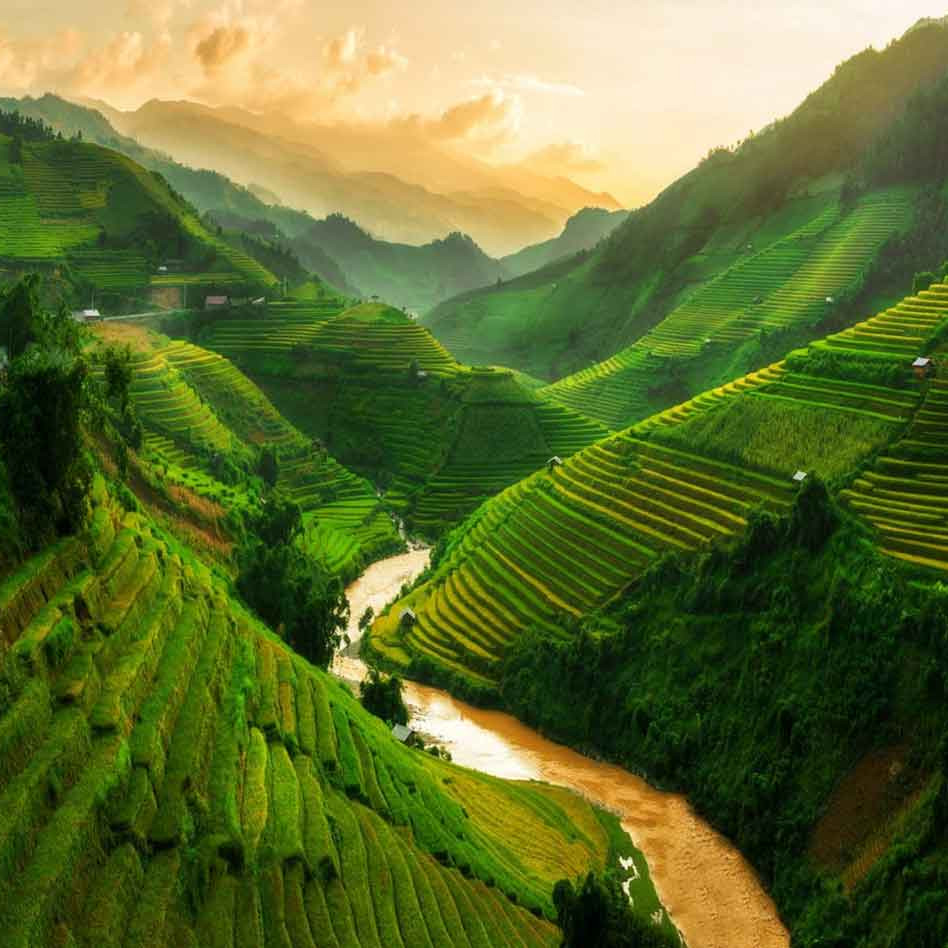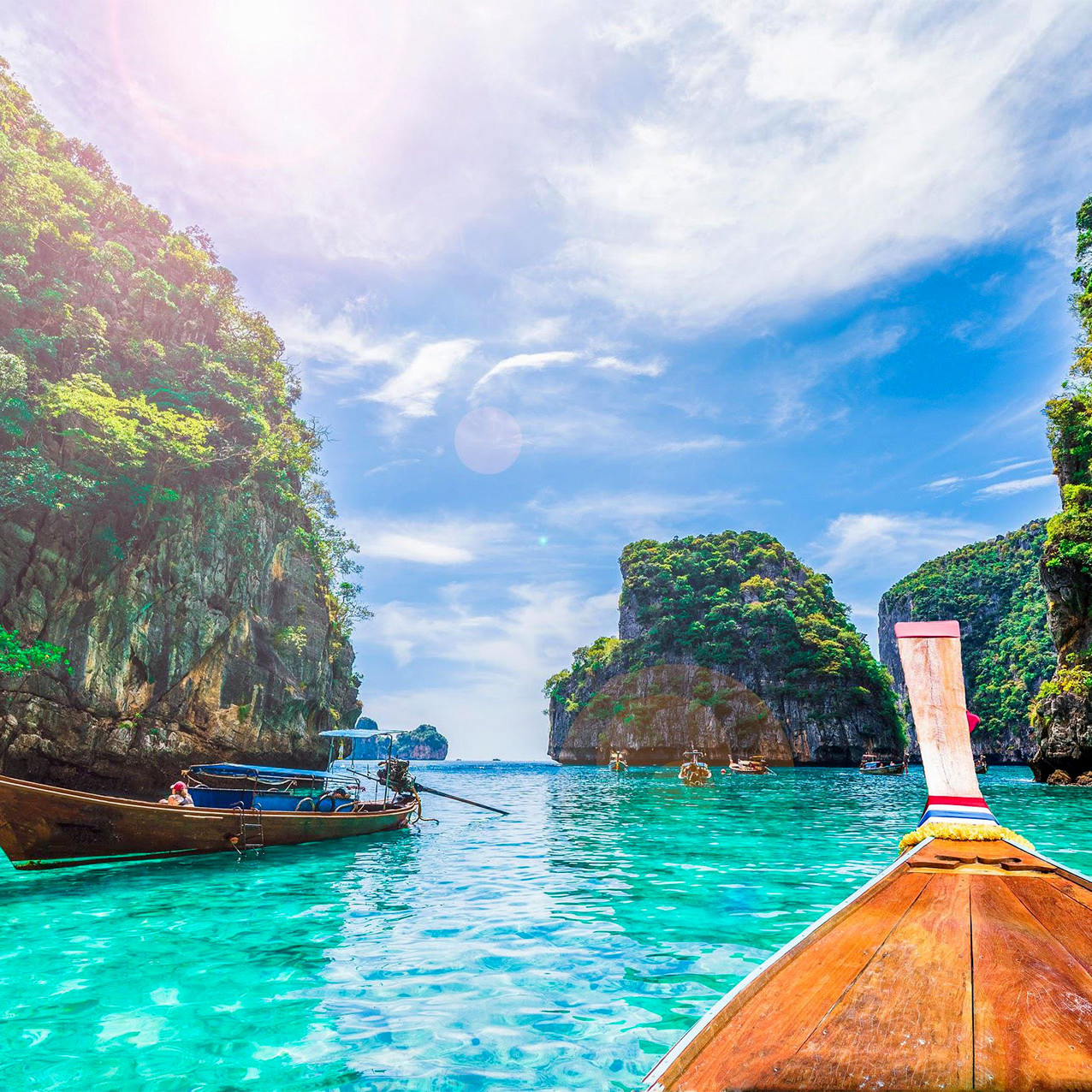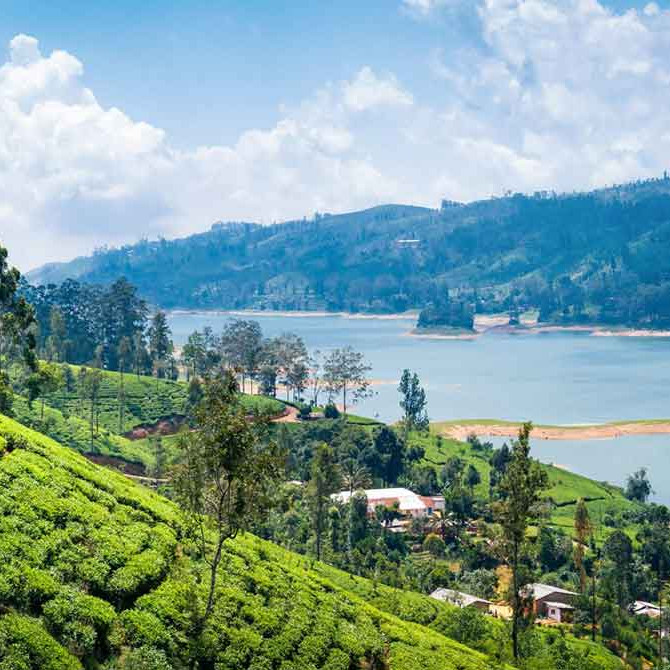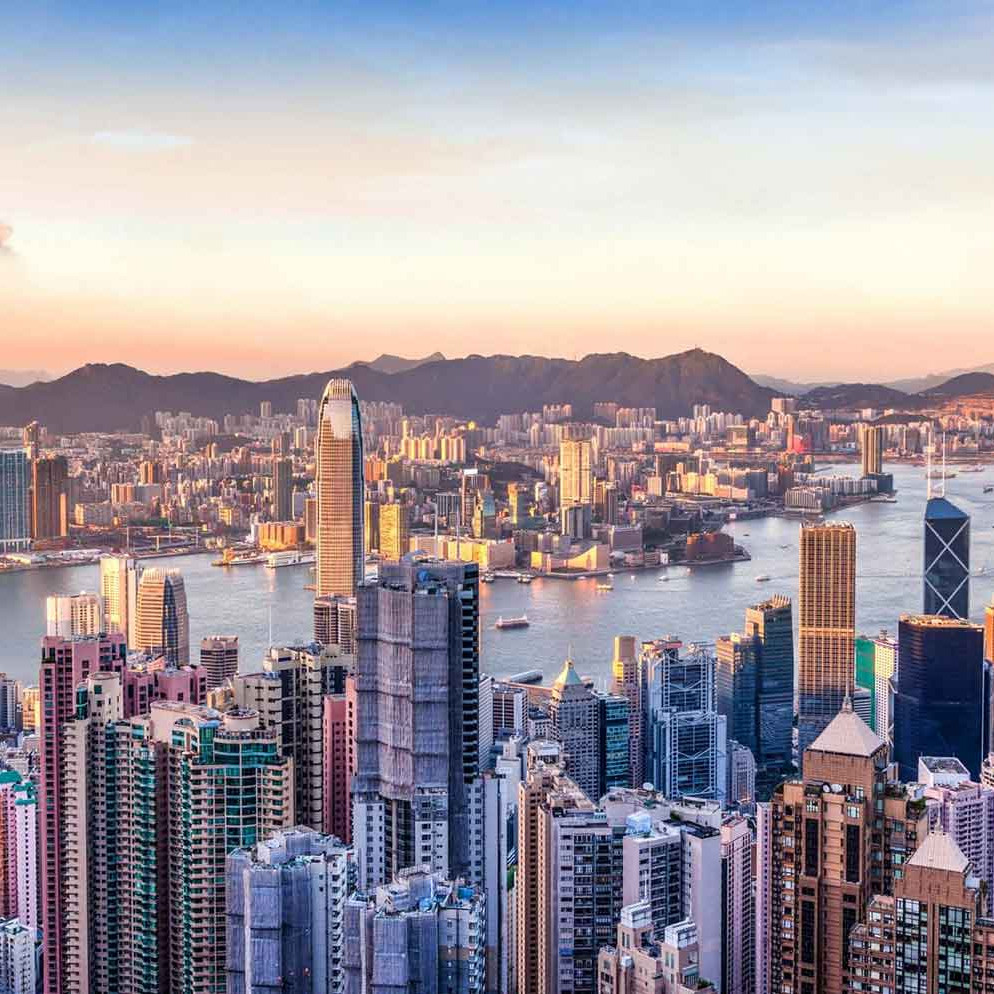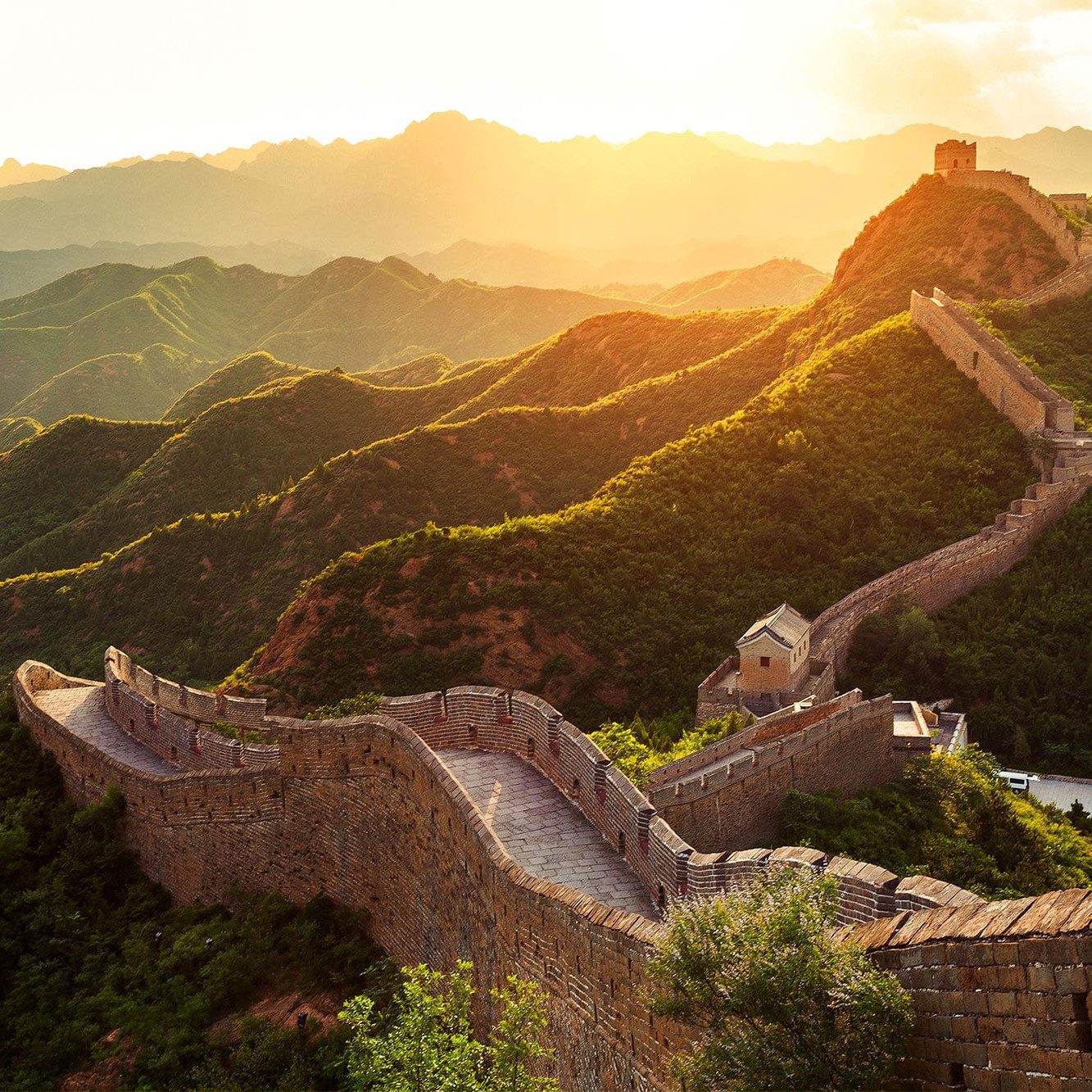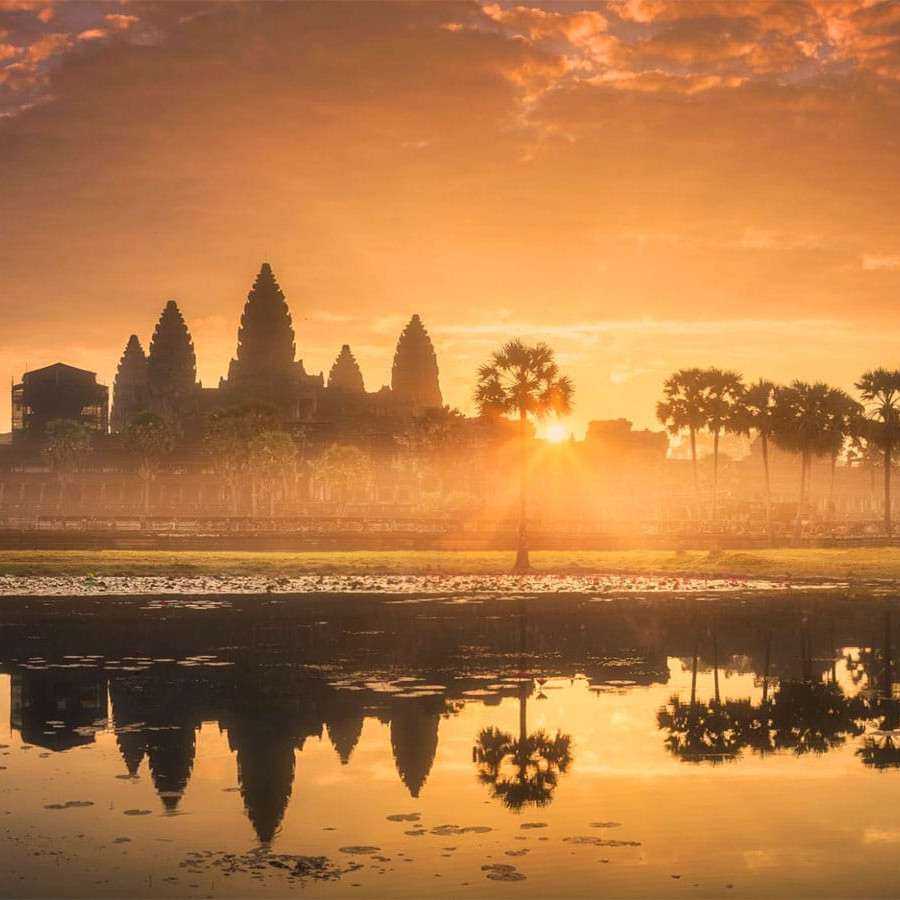Located in East Asia, Japan is an archipelago comprised by 6,852 islands. It is home to a millenaire culture with interesting and unique traditions, extraordinary scenery, vibrant cities and more than a dozen UNESCO World Heritage sites. It’s a land of contrasts, where ancient traditions and modern technology coexist in harmony.
Why Visit Japan
CULTURE AND HISTORY
Japan has a rich and fascinating culture that dates back thousands of years. From traditional arts such as calligraphy, flower arrangement, and tea ceremony to martial arts like kendo and judo, Japan’s culture is unique and captivating.
LANDSCAPES
Japan’s landscapes are breathtakingly beautiful, ranging from snow-capped mountains to stunning cherry blossom-lined streets. Some of Japan’s most popular natural attractions include Mount Fuji, Japan’s tallest mountain and a UNESCO World Heritage site, and the dramatic, rugged coastline of the Noto Peninsula.
SAFETY
Japan is known for being one of the safest countries in the world, with low crime rates and a strong emphasis on public safety. Violent crime is rare, and visitors can feel safe walking around even in the busiest cities at night.
CUISINE
Japanese cuisine is renowned worldwide for its freshness, presentation, and exquisite taste. From sushi and sashimi to ramen and udon noodles, Japan’s culinary offerings are diverse and delicious.
VIBRANT CITIES & TECHNOLOGY
Japan’s cities are vibrant and dynamic, offering a unique blend of traditional culture and modern technology. Tokyo is one of the world’s most populous and exciting cities, with towering skyscrapers, bustling streets, and a thriving nightlife.
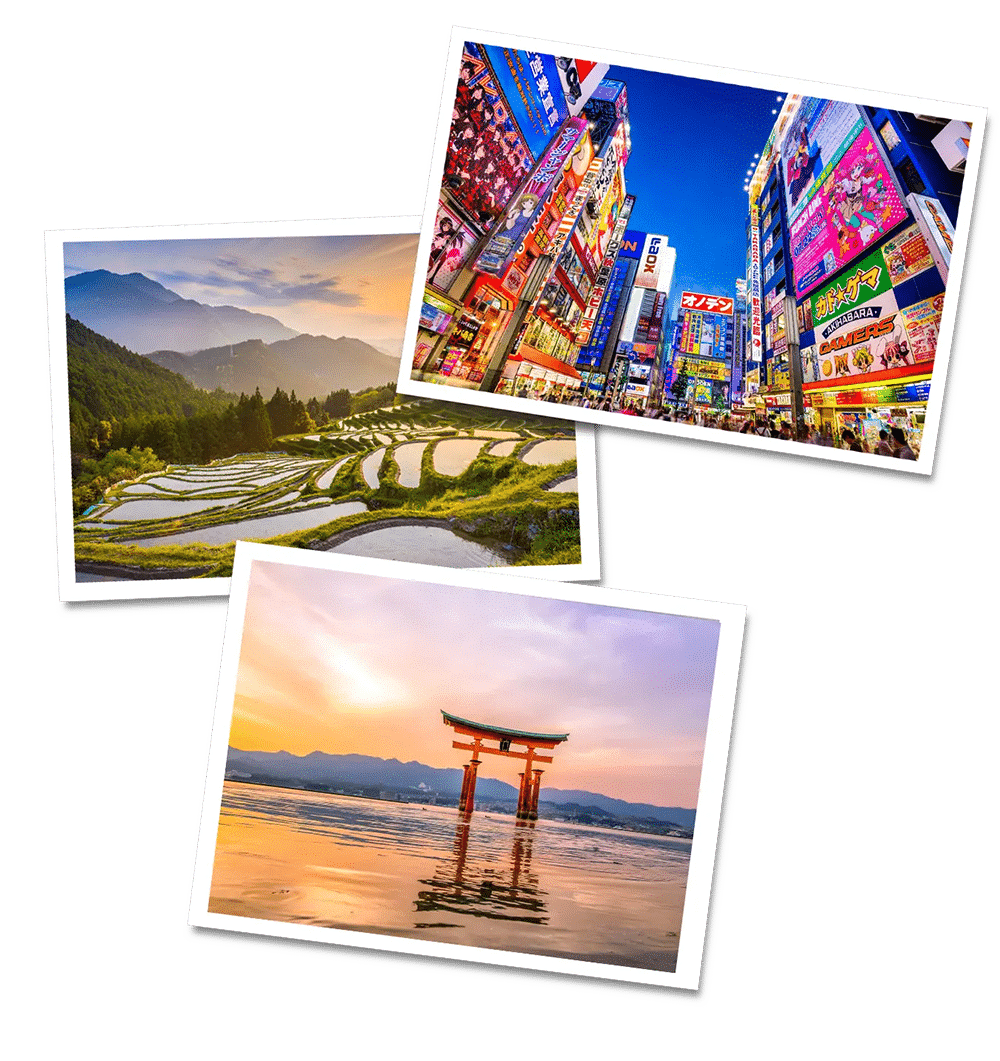
Located in East Asia, Japan is an archipelago comprised by 6,852 islands. It is home to a millenaire culture with interesting and unique traditions, extraordinary scenery, vibrant cities and more than a dozen UNESCO World Heritage sites. It’s a land of contrasts, where ancient traditions and modern technology coexist in harmony.

Why Visit Japan
CULTURE AND HISTORY
Japan has a rich and fascinating culture that dates back thousands of years. From traditional arts such as calligraphy, flower arrangement, and tea ceremony to martial arts like kendo and judo, Japan’s culture is unique and captivating.
LANDSCAPES
Japan’s landscapes are breathtakingly beautiful, ranging from snow-capped mountains to stunning cherry blossom-lined streets. Some of Japan’s most popular natural attractions include Mount Fuji, Japan’s tallest mountain and a UNESCO World Heritage site, and the dramatic, rugged coastline of the Noto Peninsula.
SAFETY
Japan is known for being one of the safest countries in the world, with low crime rates and a strong emphasis on public safety. Violent crime is rare, and visitors can feel safe walking around even in the busiest cities at night.
CUISINE
Japanese cuisine is renowned worldwide for its freshness, presentation, and exquisite taste. From sushi and sashimi to ramen and udon noodles, Japan’s culinary offerings are diverse and delicious.
VIBRANT CITIES & TECHNOLOGY
Japan’s cities are vibrant and dynamic, offering a unique blend of traditional culture and modern technology. Tokyo is one of the world’s most populous and exciting cities, with towering skyscrapers, bustling streets, and a thriving nightlife.
Bucket list
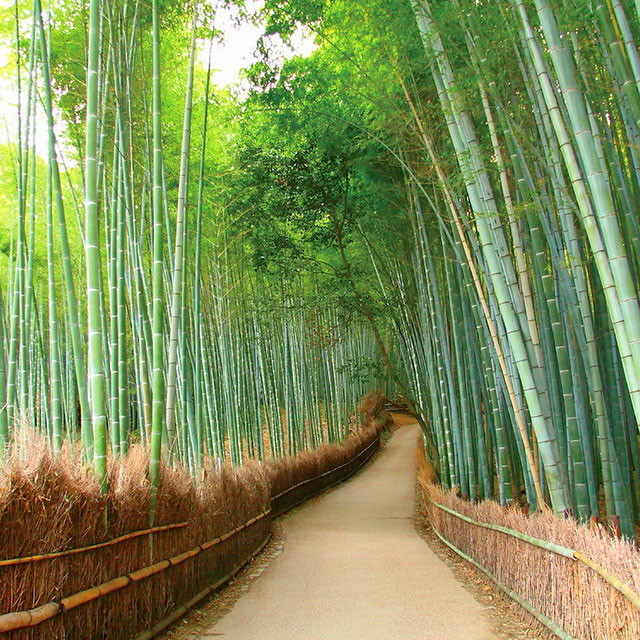
Visit the Arashiyama Bamboo Grove
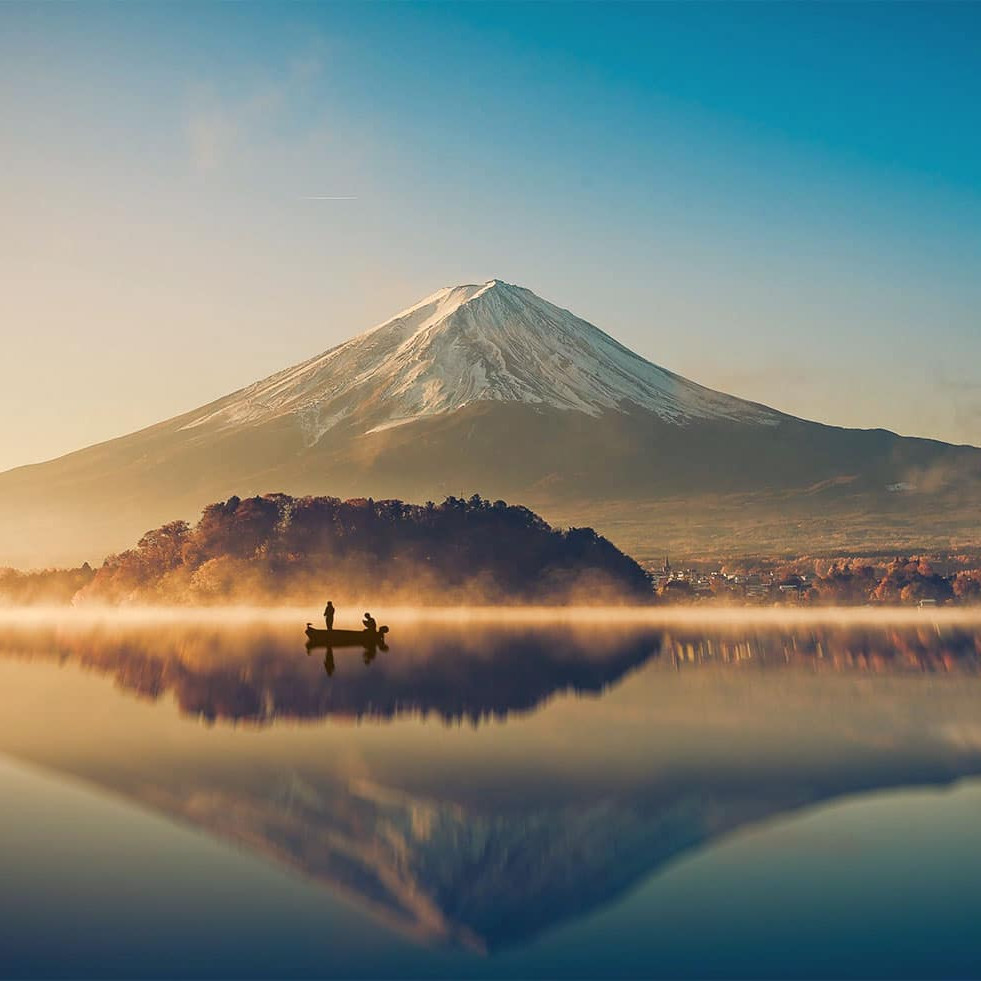
Climb Mt. Fuji
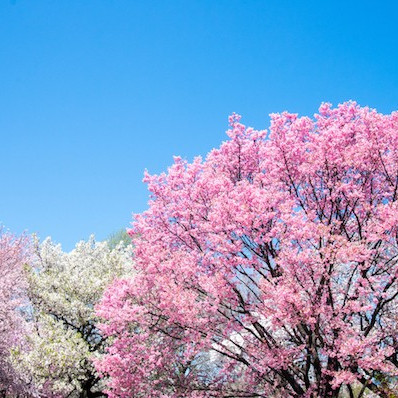
See the cherry blossoms in Shinjuku Gyoen National Garde
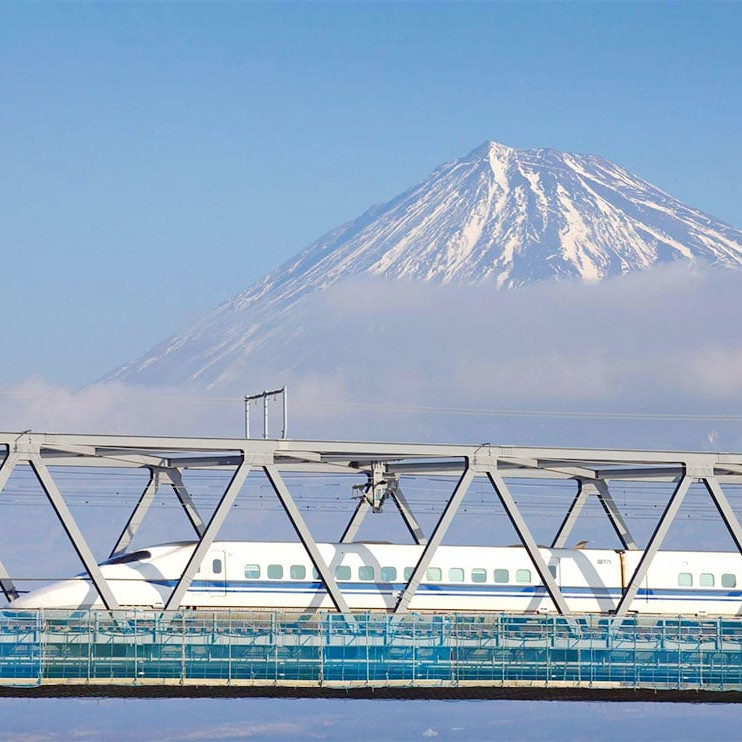
Ride on the Shinkansen Bullet Train
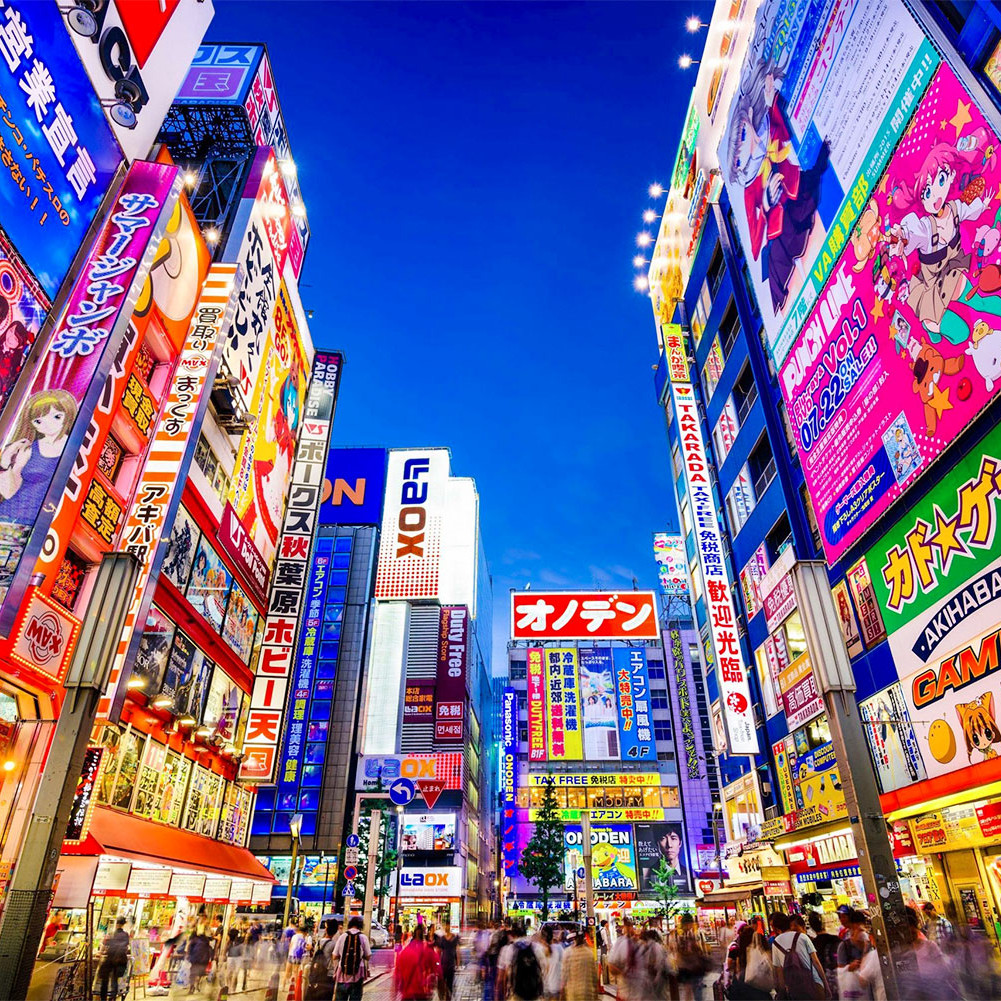
Spend some time in Tokyo
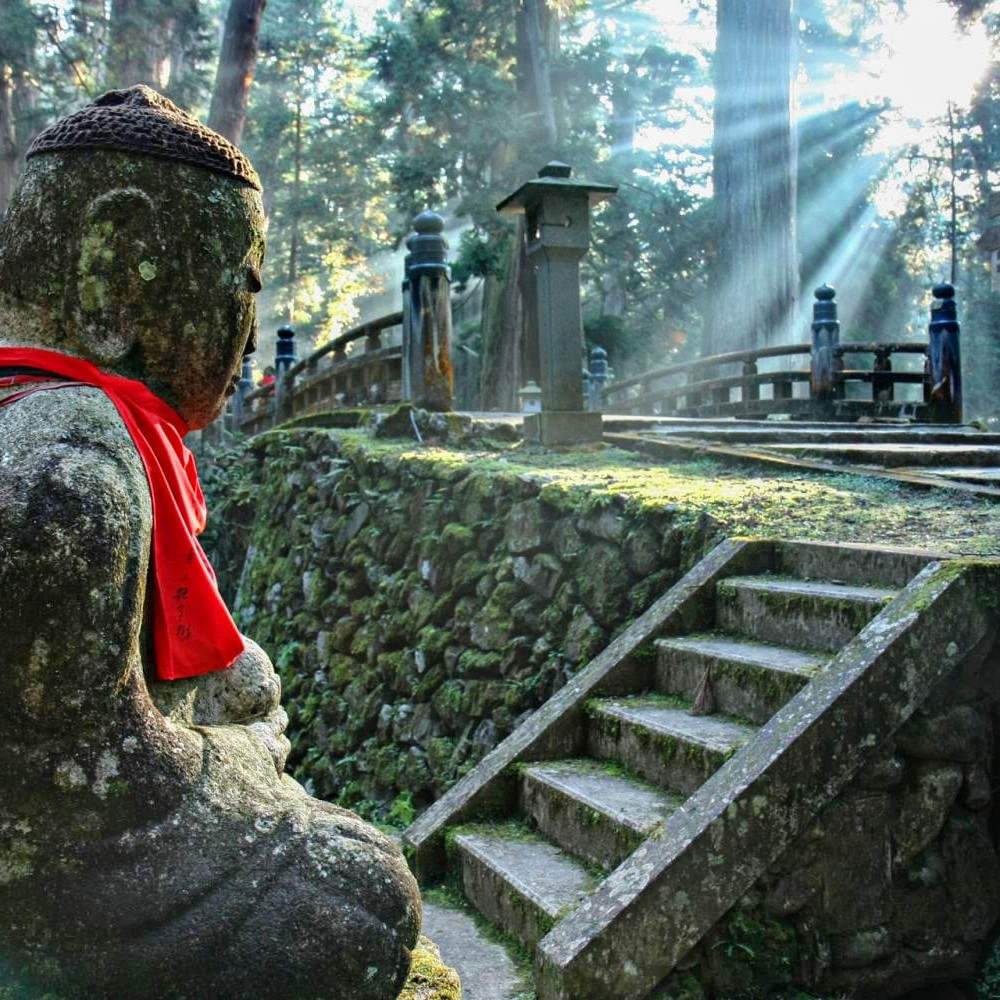
Spend a night in the Buddhist retreat on Mount Koya

Sleep in a capsule hotel
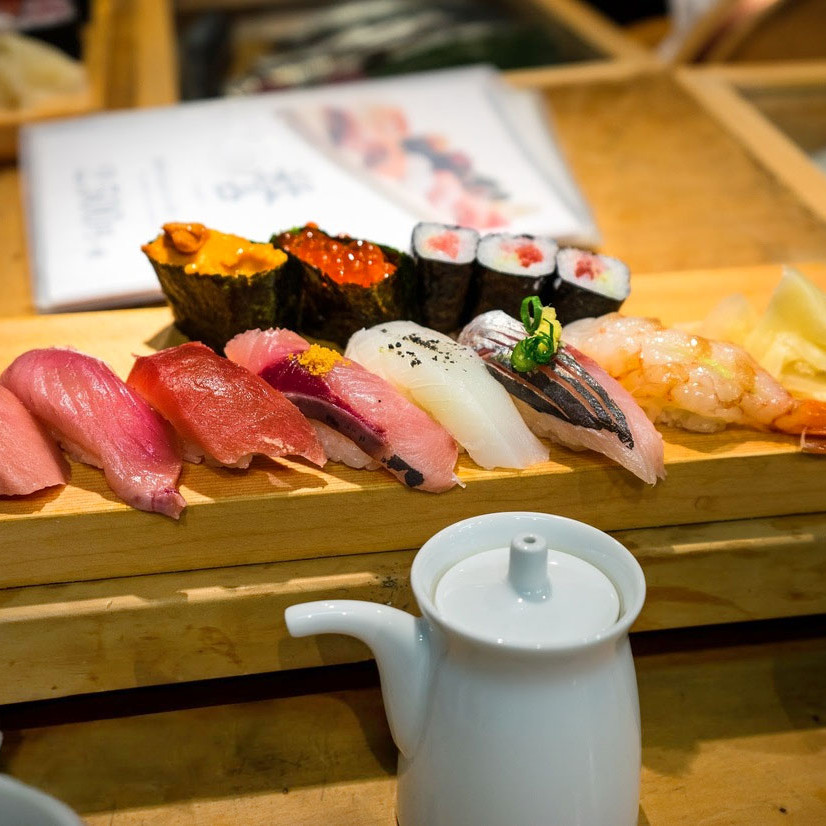
Try some fresh sushi at Tsukiji Fish Market
What to expect
LANGUAGE
The official language of Japan is Japanese, which is spoken by nearly the entire population. While English is taught in schools and is widely understood, especially in tourist areas, it’s still helpful to learn some basic Japanese phrases to help navigate and communicate in daily life.
ELECTRICITY
The voltage in Japan is 100 V, which is different from most regions of the world. Although plugs and outlets resemble american ones and some equipment will work fine but, I would get a transform to keep your appliances safe.
CURRENCY
Japanese Yen is the official currency. There is no need to exchange before arriving to the country, as your will most likely get a worse exchange rate. Major cards like Visa, Discover and Mastercard are accepted almost everywhere. American Express is also widely accepted. 1 Us Dollar equals 136 Japanese Yens (as of 2023)
SAFETY
Japan is one of the safest countries in the world, with a low crime rate and a strong emphasis on public safety. It ranks in the top 10 in the Global Peace Index. However, be cautious and don’t let your guard down, especially in busy areas.
CLIMATE
Japan’s climate varies from region to region, with four distinct seasons. Summers are hot and humid, while winters can be cold and snowy, especially in the northern regions. Spring and fall are popular times to visit Japan, with mild temperatures and beautiful foliage in the spring and colorful leaves in the fall. Typhoons can occur during the summer and fall months, so it’s important to stay informed and follow local weather reports.
How to get around
- Train: Japan has an extensive rail network that covers most of the country, including high-speed bullet trains (Shinkansen) that can take you from one end of the country to the other in just a few hours. The Japan Rail Pass is a cost-effective way to travel by train in Japan, allowing unlimited travel on JR trains for a set period of time.
- Subway: Tokyo and other major cities have efficient subway systems that are easy to navigate, with signs and announcements in English as well as Japanese.
- Bus: Buses are a good option for getting around smaller cities and towns, or for reaching areas not served by trains. Japan’s highway bus system is also a convenient and affordable way to travel between major cities.
- Taxi: Taxis are readily available in cities and can be hailed on the street or booked through a taxi company or app. However, taxis can be expensive in Japan, so it’s best to use them for short trips or when other transportation options are not available.
- Bicycle: Many cities in Japan have bike rental services, which are a great way to explore the city and its surroundings at your own pace. Japan’s cycling infrastructure is well-developed, with bike lanes and dedicated paths.
- Car rental: If you plan to explore rural areas or areas not covered by public transportation, renting a car is a good option. However, be aware that driving in Japan can be challenging, especially if you are not used to driving on the left side of the road. An international driving permit is required to rent a car in Japan.
Visa Policy
Japan has a relatively strict visa policy for tourists, and it’s important to check the requirements before traveling. Visitors from many countries can enter Japan for short-term stays without a visa, under a visa waiver program. However, visitors from some countries are required to obtain a visa before traveling to Japan.
Citizens of 68 countries, including the United States, Canada, Australia, and most European countries, are allowed to enter Japan for short-term stays of up to 90 days without a visa. However, visitors from some countries, such as China, Russia, and India, are required to obtain a visa before traveling to Japan. In addition, citizens of certain countries, including Afghanistan, Iraq, and Syria, are not eligible for visa-free travel to Japan.
To apply for a tourist visa to Japan, visitors must provide proof of their itinerary, including flights and hotel reservations, as well as proof of sufficient funds to cover their expenses during their stay. In some cases, visitors may be required to provide additional documentation, such as a letter of invitation or a certificate of employment.
Visitors who are planning to work or study in Japan, or who are staying for longer periods of time, may be required to obtain a different type of visa. It’s important to check the specific requirements and application process for your situation before traveling to Japan.
SUBSCRIBE!
Are you a globetrotter? Join our platform and get exclusive travel tips, getaways and more!
Vietnam
Travel Vietnam, a country rich in culture, history, and natural beauty, making it a fascinating and unique destination for travelers. From...
Thailand
Thailand is one of the gems of Asia. The country has so many things to see that is it really hard to choose where to start. Tropical beaches..
Sri Lanka
Explore Sri Lanka, known as the "Pearl of the Indian Ocean", an island country with amazing landscapes, diverse wildlife and interesting..
Hong Kong
Travel Hong Kong, a vibrant city that offers an exciting nightlife, an incredible gastronomic experience, a shoppers' paradise and..
China
Located in East Asia, China is the world's most populous country, home to a millenaire culture and one of the oldest empires in the world..
Cambodia
Cambodia: With a rich history and culture, diverse nature, stunning and fascinating archaeological sites, flavorful food and..
Thailand
Thailand is one of the gems of Asia. The country has so many things to see that is it really hard…
Hong Kong
Travel Hong Kong, a vibrant city that offers an exciting nightlife, an incredible gastronomic…
China
Located in East Asia, China is the world's most populous country, home to a millenaire culture and…


